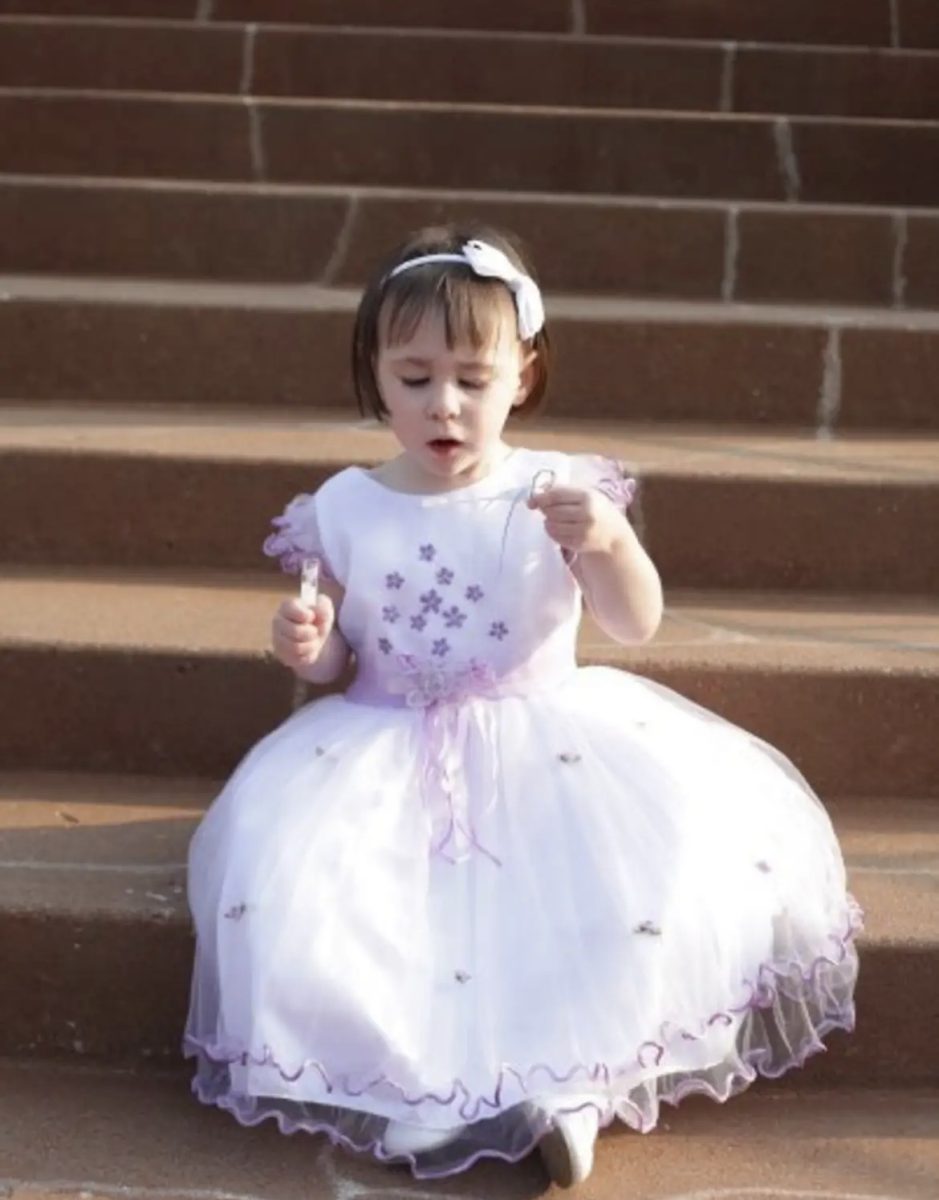 Unfortunately, human nature forces people to be unsatisfied with what they have. Sure enough “you don’t know what you have until it’s gone” is a universal truth that seems to repeat itself. From financial problems to petty, everyday mishaps, people tend to complain a lot more than they need to. One phenomenon following this trend is unhappiness with one’s age.
Unfortunately, human nature forces people to be unsatisfied with what they have. Sure enough “you don’t know what you have until it’s gone” is a universal truth that seems to repeat itself. From financial problems to petty, everyday mishaps, people tend to complain a lot more than they need to. One phenomenon following this trend is unhappiness with one’s age.
Most have wanted to be older or younger at multiple points in their life. During childhood, one can’t wait to be 13, a teenager at last. After the excitement of coming of age, teenagers realize that they are just one step closer to being 16. After this, there are only two more years until 18, the age when teens start moving out, smoking,
“voting, or enlisting. But even then there’s one more milestone after that: 21, the final frontier, the age where everyone is free of age restriction. Some may argue that this gives young people something to look forward to, as well as helps them plan their futures. While this is true, it also prevents people from living in the present and noticing the world around them, brushing it aside with their aspirations and regarding it as unimportant. There is so much opportunity to make a difference as it is, that time is wasted by only worrying about what’s to come.
In fact, what happens after 21? Is the rest of life a happily ever after? Innovations such as Botox and certain skin creams demonstrate quite the contrary. In previous centuries, elders were praised and respected. Aging was considered an honor; grey hair and wrinkly skin were signs of years of hard work and success. In modern times, one can hardly go 2 feet without hearing perfectly healthy middle aged adults complain about the horrors of aging and wishing they could return to their youth.
This mindset is hilariously contradictory to that of young children. If thought through, it’s undeniably ridiculous that one can change his or her perception of
age so drastically in one lifetime. If these same children had only made the most of their youth and opportunity, they wouldn’t have as many sentiments of “unfinished business” in later years.
Most students can’t wait to get out of high school, to be out on their own and start a new chapter of their lives. What they don’t realize is they can do the very same while they are still young. Then as they get older, they wish they could go back to their teenage innocence where opportunities were still plentiful.
Therefore, to avoid this “always want what you can’t have” outlook on life, high school students, as youths in their prime, should really reflect on what they have. Being grateful, and not focusing on what they don’t have yet allows them to focus on what’s really important. Living in the present not only makes aging and transitioning a more enjoyable experience, but also heightens optimism and motivation to make a difference in the surrounding community.











